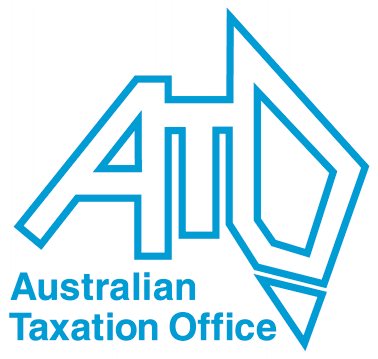
Call centre coaching session ends in a hospital
From the editor: Yes, it’s an attention-grabbing headline but it’s also true!
In an article by Noel Towell, Canberra Times it was revealed that a Tax Office call centre worker won a fight for workers compensation after (it would appear) a manager has tried to improve some poor performance.
I’ll leave you to make your own opinions based on the article below but you’ve certainly got to wonder if the previous supervisor just wasn’t managing poor performers or if the new supervisor genuinely overstepped the mark.
Public servant hospitalised after workplace coaching session
A Tax Office public servant, taken to hospital by ambulance after an “informal” coaching session with his boss went wrong, has won his fight for workers’ compensation.
ATO call centre worker Vikrant Chaudhri developed chest pains, shakes and body cramps after being “encouraged” by his boss to “improve” his approach to taking phone calls from members of the public in July 2012 and claimed workers’ compensation for a psychiatric condition, adjustment reaction with mixed emotional features.
After his claim was rejected by insurer Comcare, the former tax official took his case to the Administrative Appeals Tribunal, which has ordered that he be compensated.
Mr Chaudhri’s relationship with his boss at the Sydney call centre where they both worked was already on the rocks when the pair sat down on July 16, 2012.
Until the supervisor’s appointment a few months earlier, the tribunal heard, Mr Chaudhri had enjoyed a “near-perfect” relationship with his previous boss, always received positive job appraisals, the quality of his work was never an issue and he always exceeded the benchmark of at least 90 per cent of calls being rated as meeting requirements or above.
But by July, things were tense.
Mr Chaudhri’s new superior felt he was slow in getting the members of the public, who contacted the call centre, off the phone.
He felt exploited, forced into complex work normally done by public servants above his APS 3 pay level.

He complained that she ordered his belongings moved to another desk while he was away, that she spoke to him when he was on the phone with clients and questioned the amount of time he spent away from his desk, which was due to a medical condition.
When the two public servants sat down on July 4, to discuss a training program for the whole office, things had reached the point where Mr Chaudhri was refusing to discuss his work performance with his boss, asserting there was a “trust deficit”.
The supervisor’s account of the meeting was much less dramatic although she did note that Mr Chaudhri was “not happy” with the feedback.
The conflict came to a head two weeks later, on July 16, at another meeting but the two public servants had wildly differing accounts of the discussion.
Mr Chaudhri said his boss adapted an “interrogating style,” accused him of taking too long on his phone calls and demanded that he respond to her verbally.
The boss said It was “another informal routine work meeting” where Mr Chaudhri was encouraged, supported and offered assistance adjusting to some changes in the quality control system and suggestions on how he could improve his performance.
But it is not disputed that Mr Chaudhri grew distressed at the end of the meeting, complained of chest pains, numbness and cramps and was taken away in an ambulance.
To avoid paying compensation, Comcare had to prove the technical legal point that the meetings were “reasonable administrative action” taken in respect to Mr Chaudhri’s employment.
But tribunal senior member James Constance found that the ATO supervisor’s evidence made clear the meetings were routine and every day “catch-ups” and not related to his ongoing employment.
Mr Constance found that, although the supervisor’s actions were reasonable, they were not taken in relation to Mr Chaudhri’s employment and that Comcare’s defence must fail.
Find a list of all the upcoming industry conferences, training courses, networking events and more on the CX Events Calendar >>>

Be the first to comment